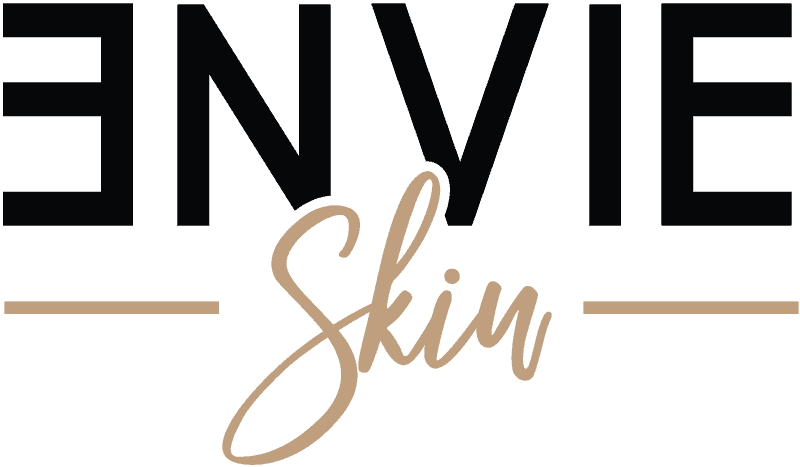According to Skin Cancer Australia “Approximately two in three Australians will be diagnosed with skin cancer by the time they are 70”. This statistic is reflected across the spectrum of patients that we see in our daily practice.
Skin cancer occurs when skin cells are damaged by over exposure to ultraviolet radiation from the sun. In Australia our UV index is high, and our outdoor lifestyle generally puts us in a high-risk category. In addition, our risk of skin cancer increases with age, sunburn, tanning and solarium use. There are three main types of skin cancer:
- Basal Cell Carcinoma (BCC),
- Squamous Cell Carcinoma (SCC), and
- Melanoma
Non-melanoma skin cancer (BCC and SCC) is more common in men compared with women. Melanoma (excluding non-melanoma) skin cancer is the third most common cancer in Australians.
Currently, there is no formal screening program for skin cancers in Australia. However, we believe that regular and appropriate skin cancer screening is an important part of early detection.
Skin cancer checks and treatments we offer include:
- Complete Skin checks,
- Diagnostic biopsy of suspicious lesions,
- Surgical excision of skin cancers,
- Use of daylight/photo dynamic therapy for treatment of actinic keratosis and superficial basal cell skin cancers,
- Other chemical field treatment for actinic keratosis, and
- Long term patient monitoring for high risk diagnosis.
What should I expect at a skin cancer check?
The purpose of a routine skin check is to examine the skin head to toe (including nails and mouth) to detect the presence of skin cancer. This is a good time to ask about any spots or moles you have which are:
- Sore,
- Changing,
- Abnormal, or
- New.
We will also enquire about any family history of melanoma or other factors that may increase the risk of having skin cancer.
The skin cancer appointment is scheduled for 30 minutes. It’s best to remove nail polish and makeup before the skin examination. The skin check is performed with the patient wearing undergarments, however, if you are not comfortable with this please let the Dr Shilpa know before the examination.
Your skin with be examined with the aid of a dermatoscope. The use of dermoscopy in trained hands can lead to early detection of skin cancer and often avoids removal of normal moles. This is the main instrument used by Dermatologists. The doctor may also use a camera to document examination of moles/procedures.
What happens after the skin check?
We will assess your risk and will advise on what time period is recommended for periodic skin checks. You may go in our recall system and receive a reminder when your next skin check is due.
What happens if the doctor finds anything which could be skin cancer?
If a suspicious spot is identified, Dr Shilpa will discuss if a biopsy is required and then perform a biopsy under local anesthetic. A small sample of the skin spot or the whole spot is sent to the lab for further evaluation. A biopsy is used to confirm/rule out skin cancer and to diagnose certain dermatology rashes. The results are usually available within 7 -10 days and the Dr Shilpa will give you instructions regarding wound care.
Pricing
Fully equipped minor theatre for surgical removal of cancers. Prices may change without notice. Biopsy/Surgery fees apply and need separate appointments.
